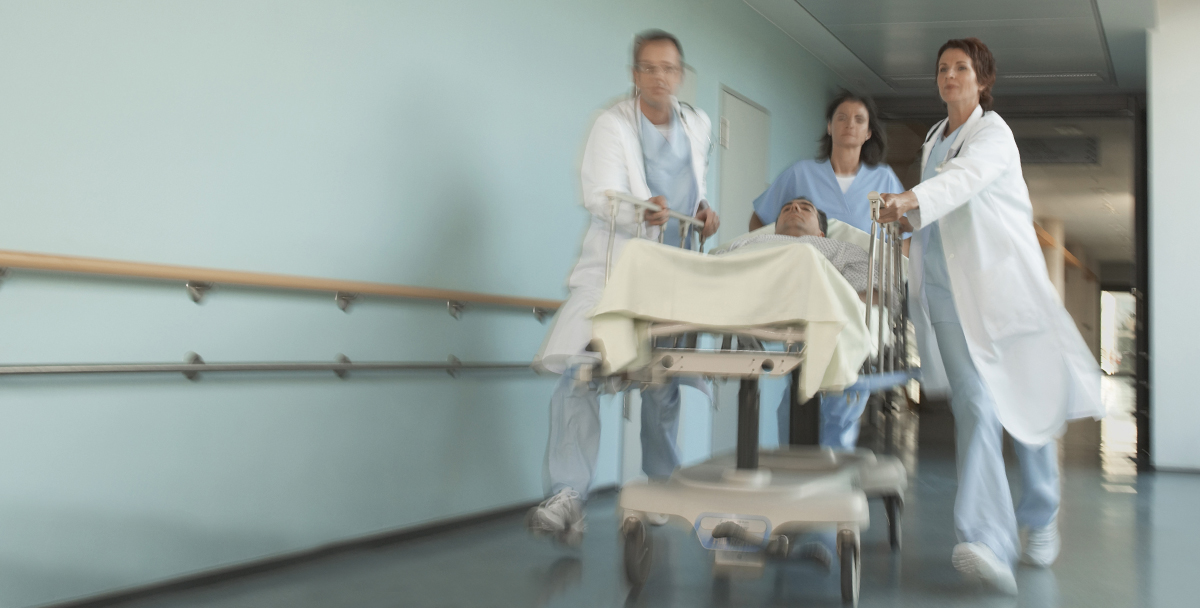Case study

The true cost of pushing beds in hospitals
Electrodrive recently conducted a survey to collect bed-transport information from hospitals to better understand the direct and indirect benefits of the incorporating powered bed-movers into the workflow.
The risk of physical injury
We discovered that it could take up to three staff members to manually transport hospital beds (weighing up to 500 kg) at one time. Per year the total time added up to more than 90,000 hours – costing the hospital unnecessary dollars and much-needed resources.
What was more concerning, is that staff were at increased risk of injury and fatigue from manually pushing heavy beds. Moving in-and-out of corridors, around corners and into lifts posed occupational challenges and safety risks. This also had a knock-on effect of decreased productivity and morale.
Empowering hospital staff
Based on data collected, we established that by introducing Gzunda powered bed movers, it would reduce the need for two staff members, and enable a single user to perform the same task. This would be a saving of approximately $60,000 per year.
This is substantial in terms of monetary cost, but the human cost is what really matters.
Increasing productivity and safety with a powered bed mover
Introducing Gzunda hospital bed movers increased productivity, and enabled a single user to easily move up to 500 kg without the need for extra assistance. This also reduced the risk of injury and other costs associated with multiple staff performing the same job.
Occupational health and safety had improved with less physical demand required, and an increase in efficiency.
Book a free Gzunda bed mover trial demo
For more info
Contact Electrodrive today to ask about a ‘free trial demonstration’.
Powered bed mover range